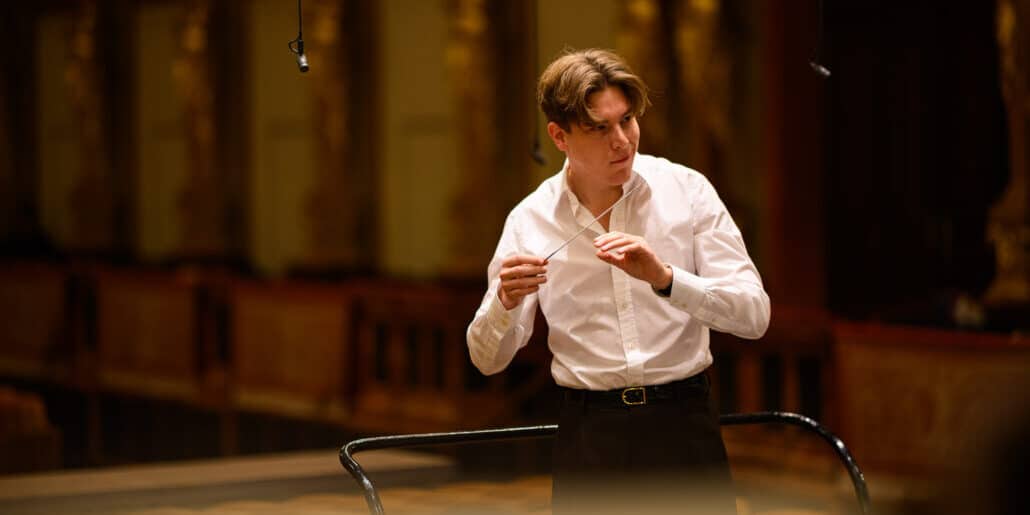Who needs Stravinsky when Martinu’s cat comes out to play?
Album Of The WeekFrom the Lebrecht Album of the Week:
Stravinsky is off-menu these days. Apart from the ballet music, the composer once regarded as the greatest of his century has been discarded by orchestras, who no longer consider him a box office draw. The validity of that judgment might be contested but not the evidence: when did you last hear a Symphony in C? …
Read on here
And here.
En francais ici./






Not sure what Martinu’s cat has to do with it but he was also a confirmed dog lover so, kudos to the animal-loving composer! Most works by Martinu are superior to most works by Stravinsky- no news there but it’s good to discover yet another of the Czech’s little known pieces.
That Stravinksy is ‘off menu’ today is not less than stunning. The master pieces from after his Russian ballets belong to the best of the entire repertoire: Apollon, Pulcinella (complete original version), Piano Concerto (with winds), Violin Concerto (indeed), Jeu de Cartes, Symphony of Psalms, the wonderful but seldom heard Septet, Orpheus, and – in all their chilling suppressed anxiety: the Requiem Canticles.
They are not easy to play and ask for extensive (expensive) rehearsel time, and a very able conductor. These have become very unwelcome conditions today. As fas as audience appeal is concerned: these works have a ‘reserve’ about them which require ‘deep listening’ so that their subtle expressiveness can be picked-up from under the cool surface. In our superficial time and with modern life requiring quick info bites, also this has become an unwelcome condition.
But other works from his ‘neoclassical’ period and later serial period appear to have been a bit flawed, and rather experimental like ‘Le Baiser de la Fée’ which is enchantingly beautiful in the first half and after that sinks into tame klischees, or the bland piano works which offer not much musical substance, in spite of their originality and structural sophistication.
The serial period seems to have been a forced one (‘Variations’ for piano and orchestra, unlistenable), in spite of moments of pluck and an always keen sense of colour. Except the mentioned Requiem Canticles which are quite tonal but full of bitterness.
Who does not appreciate Stravinksy as one of the greatest, has no ears and no heart.
Humph, poor choices, John, and surprising from one who usually sees clearly the history. Stravinsky is part of what went so badly wrong after early masterpieces in the 20C. A mediocre musician, uninspired composer, unable to remember his own works in performance, but hugely influential for largely non-musical reasons, he poisoned the rest of the century. Even composers influenced by him early on ….Poulenc, Martinu, Honegger…..did better Stravinsky than Stravinsky. Cold, dry, moribund noises undeserving of ears, heart or soul!
Oops! It is quite an ‘achievement’ to get things THAT wrong, I would say.
For more than 65 years I’ve experienced Stravinski as, for the most part, a complete bore, but I have no ears and no heart so it figures.
The Sacre gains a lot in form and excitement when seen with one of the dance reconstructions now available.
Oops! Another one.
“How do such masterpieces fall by the wayside?”:
Because with classical music audiences it’s not “I know what I like;” it’s “I like what I know.”
I confess to be guilty of this a bit myself but I’d listen to anything from Frank Peter Zimmerman.
But yes, for violin there are lots of great pieces that are scandalously underplayed: Concertos by Bloch, Ned Rorem, and Miklos Rosza, just off the top of my head. Or Joseph Suk’s Serenade, which is heard regularly in Prague but not much elsewhere.
Same story for most other instruments.
Too true.
After years of waiting to hear Martinu played on NPR (quasi-State) Radio classical here, it did happen, followed by an interview with the leader of the little chamber ensemble that had performed. For years, he said, people had annoyed him with praise of someone named Martinu. Finally the piece just named was scheduled by his organization, and for not one but three performances. Even after the first, his reaction was: Meh, but by the third, he was hooked.
Sorry , but Stravinsky was always a mediocre composer , first minute of psalms is impressing , C is nice in a few parts ,rake’s has a few minutes of nice music , same for the rite.
Ignorance is a precious flower, touch it and the bloom is gone.
Is that all you know to pull apart????
Here is an excellent video of Zimmermann + Honeck performing the Martinu.
https://www.youtube.com/watch?v=Z12GeYPDu18
Stravinsky will always be the undisputed master composer of the 20th century, who had the greatest breadth of music and who was the most influential. His “neo-classical” period is equally important as his earlier colorful period. The Symphony in Three Movements is epic, and seems to have remained in standard repertoire. It’s certainly required for many auditions. I might agree that some of his later composing is a technical exercise of his gifts, and his atonal music is sometimes more bearable than that of anyone else. He composed so much music, it is challenging for anyone to listen to it all. I think that his music such as Persephone and Rake’s Progress is difficult for singers to find a way to be expressive in it. That may depend on the conductor. Robert Craft may have had as dessicating a way of conducting it, as he had on Stravinsky’s composing. On the other hand, Stravinsky had reached a creative impasse, and Craft showed him a way out of it, and that was a great accomplishment. I also suspect they were lovers, from seeing the affectionate way Stravinsky would touch him while talking, now that we know that Stravinsky was very much bisexual. Orpheus remains a fascinating piece, in which he makes unusual and essentially expressive use of the harp, as he also does in Persephone. He had developed a unique way of writing for the harp in his later music. The Ebony Concerto is utterly joyful and pleasurable. From Circus Polka to In Memoriam Dylan Thomas, is incredible. The fact is, he and his followers were cancelled by the academic atonalists, who could not have survived without destroying every mainstream, traditional composer that they could. So many fine composers came out of the Eastman School before Joseph Schwantner ruined it, but try to find their music. Dean Roush is one excellent composer who does not have a publisher, despite having an academic position.
“On the other hand, Stravinsky had reached a creative impasse, and Craft showed him a way out of it, and that was a great accomplishment.” That seems to have been a mishap, because it led to a period of sterile quasi-music – apart from the chilling Requiem Canticles which have much tonal elements. Stravinsky always remained folky-Russian in his temperament and when writing ‘Scherzo à la Russe’ in 1944 as a vehicle for commercial use in the USA (for a film, and for a jazz band, then orchestrated) he returned to the style of Petrushka, and what a marvellous scherzo it is in its full-blooded musicality, so different from his neoclassical music. He was tapping his Russian direct sources.